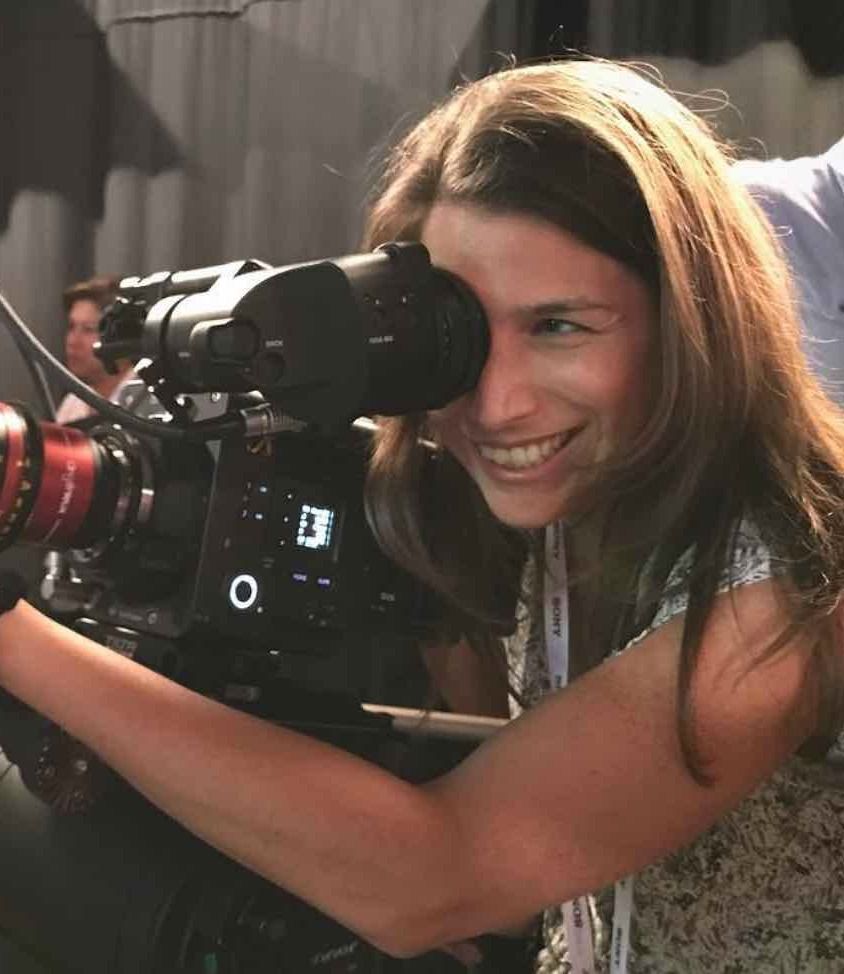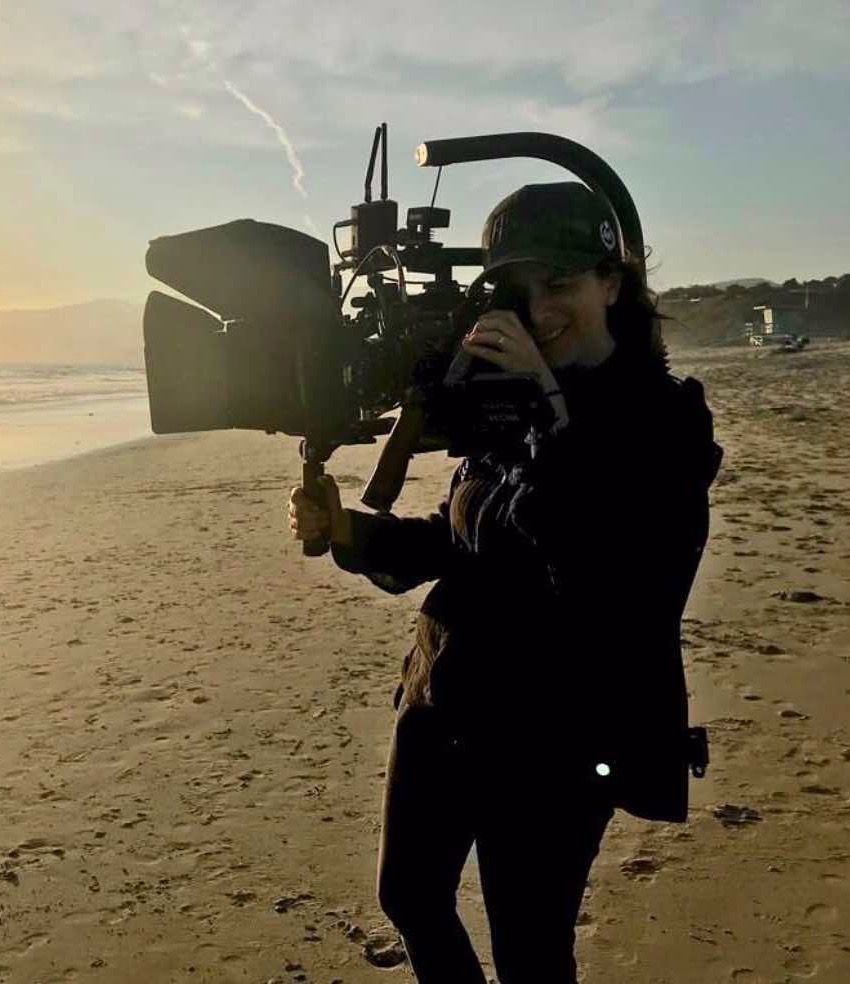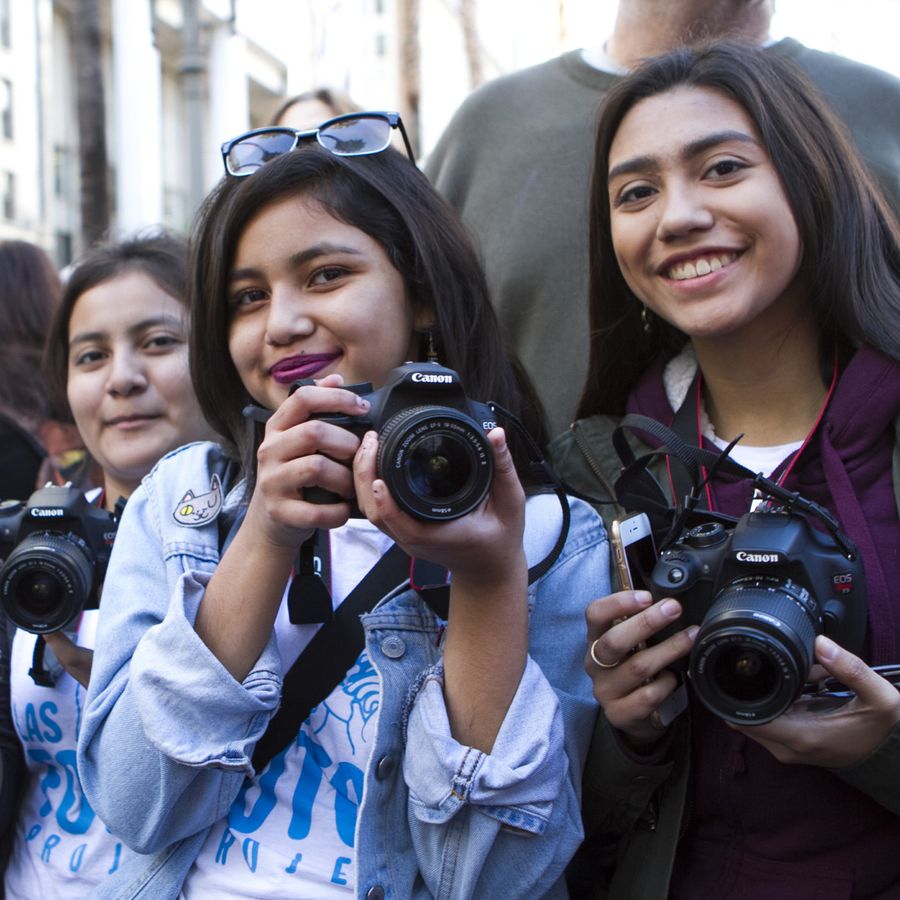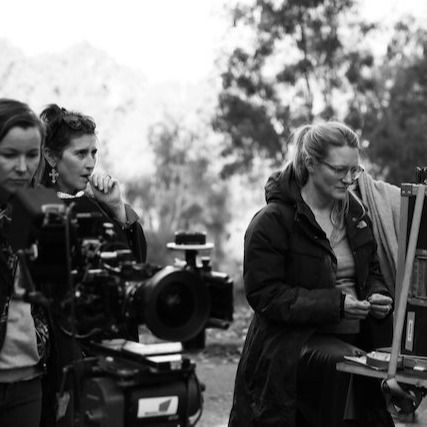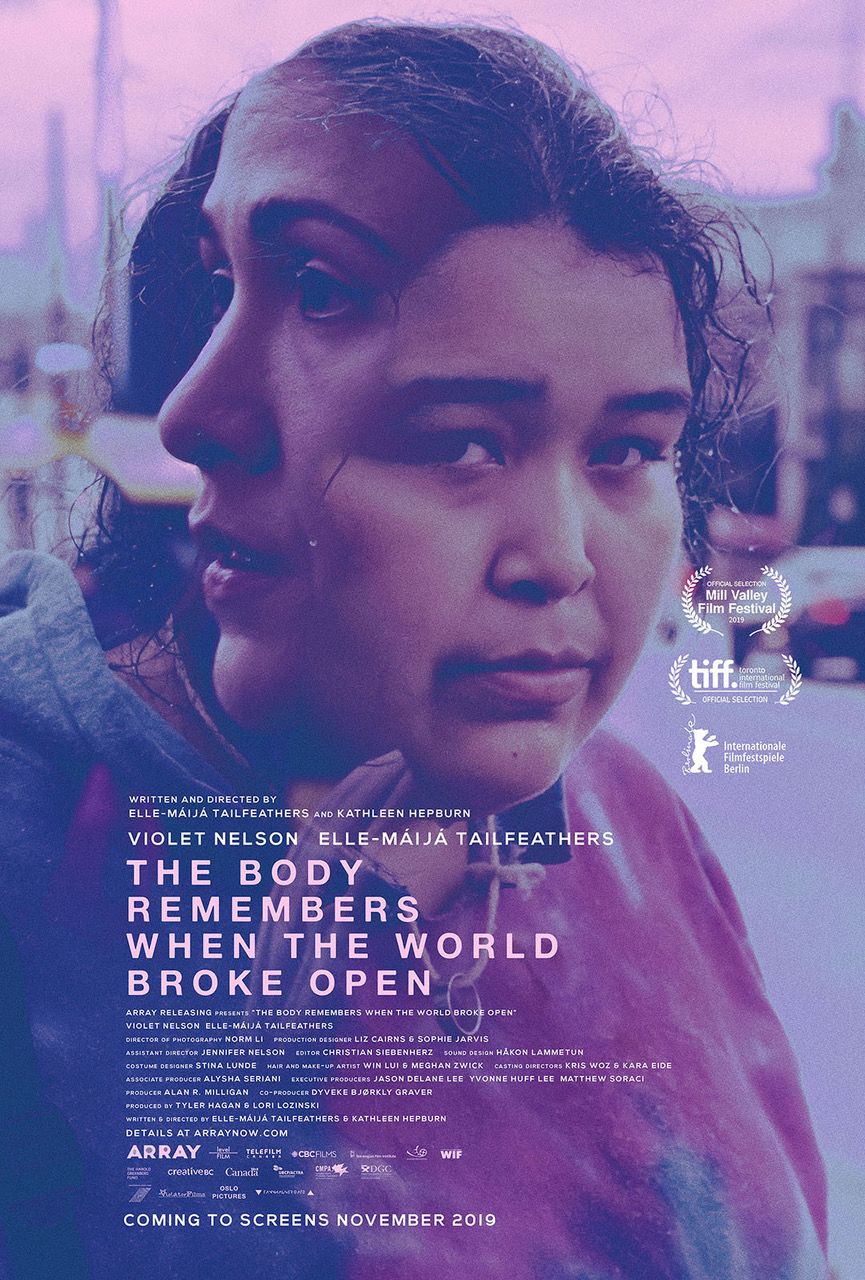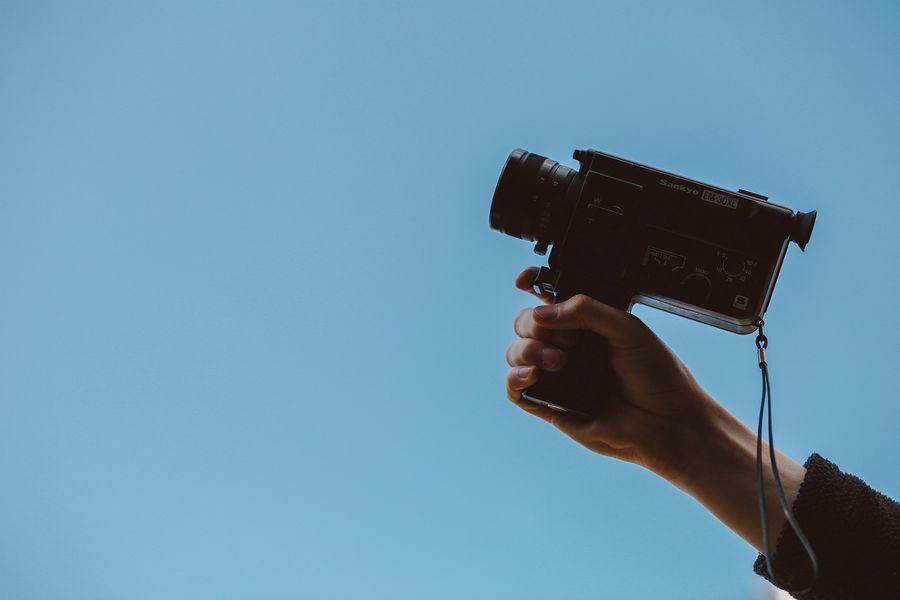Bianca Halpern is a veteran filmmaker, ace cinematographer, devoted mother, and the owner of BECiNE, LA’s first woman-owned-and-operated boutique rental house that offers childcare upon request, too. (Yeah, you read that right—childcare.) She’s basically Superwoman, and she’s here to fend off all the mansplainers and shallow listicles with a some world class shooting advice.
While it's true that some of the most beautiful moments captured on film can come from using unconventional lens techniques, Halpern is here to at least get you started with one. Check out her guide of lens suggestions to support any project you're working on.
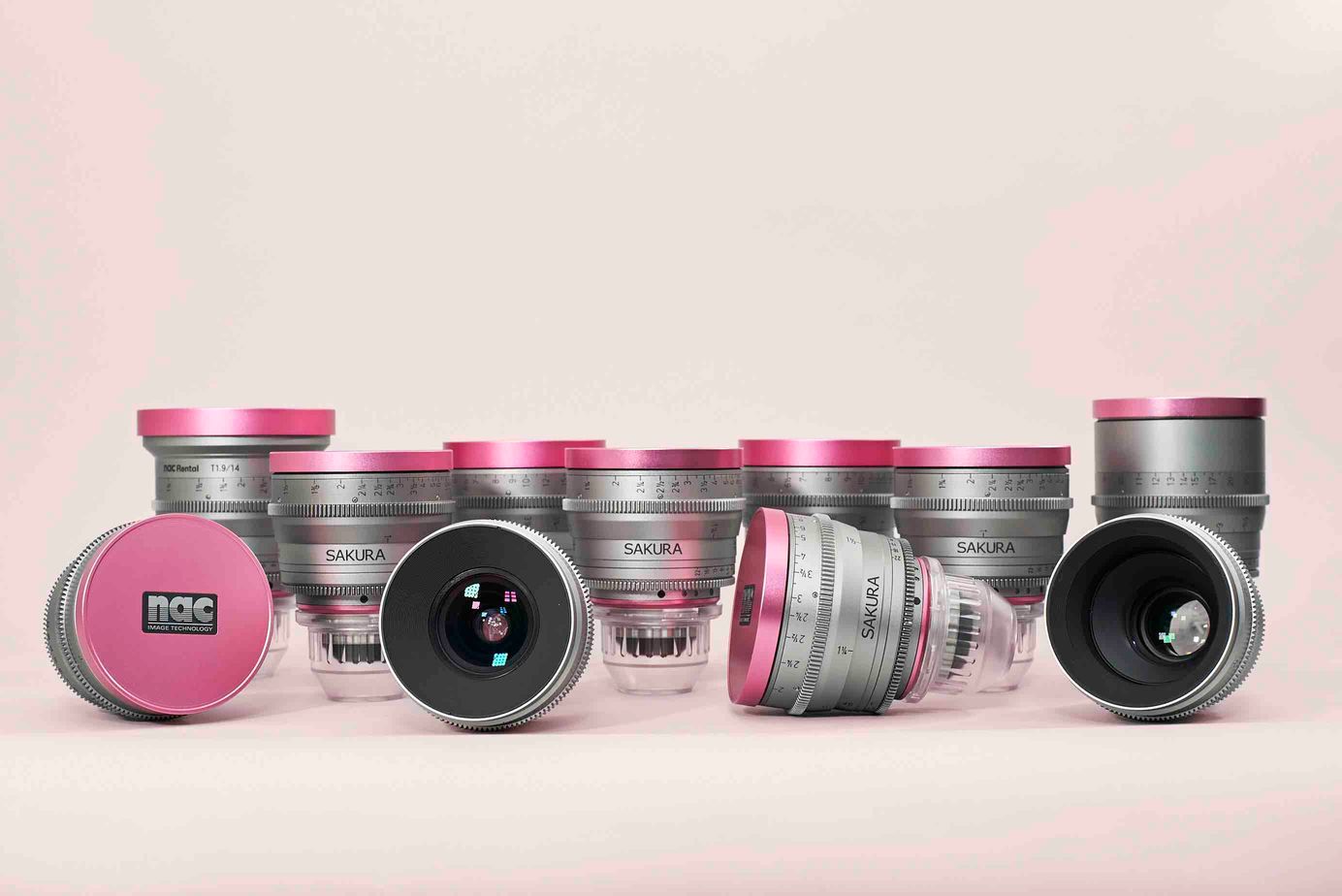
GUERILLA FILMMAKING / MUSIC VIDEOS / DOCUMENTARY / STUDIO SHOOTS
Bianca Halpern: Typically when I am on a guerilla project, or something with a lot of movement like a music video or a documentary, I recommend a zoom lens. A lot of times it helps to choose a zoom lens over a prime because then you can change focal lengths easily without an assistant.
For documentaries, you usually follow the action. If you are following an action, you won’t have time to change lenses. For stationary studio shoots and music videos, it would also be okay to use a zoom lens so you can easily have some variation in your framing.
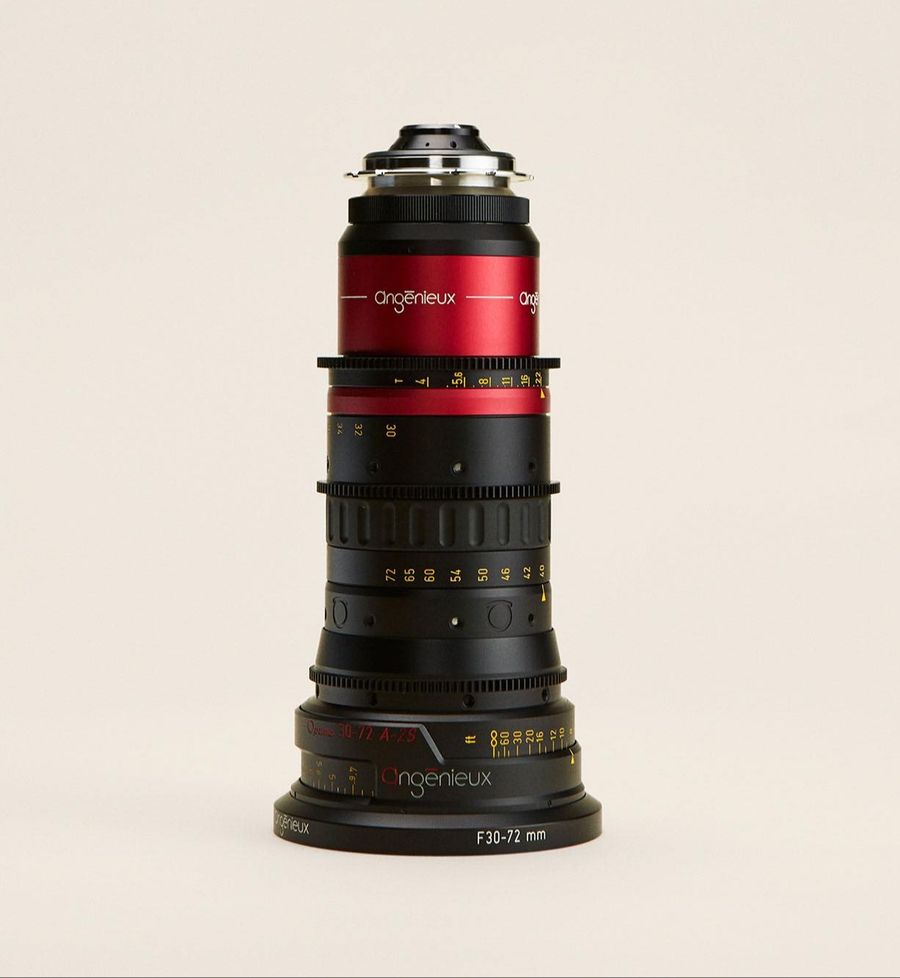
ACTION SEQUENCES
Choosing a lighter, cinema prime lens is a good call because a lot of times in action, you’ll be holding the camera yourself and moving alongside the talent in the scene. Make sure that you can use them with remote follow focus, because in action sequences, you don’t want your camera assistance pulling focus from the side. They would ideally use a wireless system and pull focus from a distance.
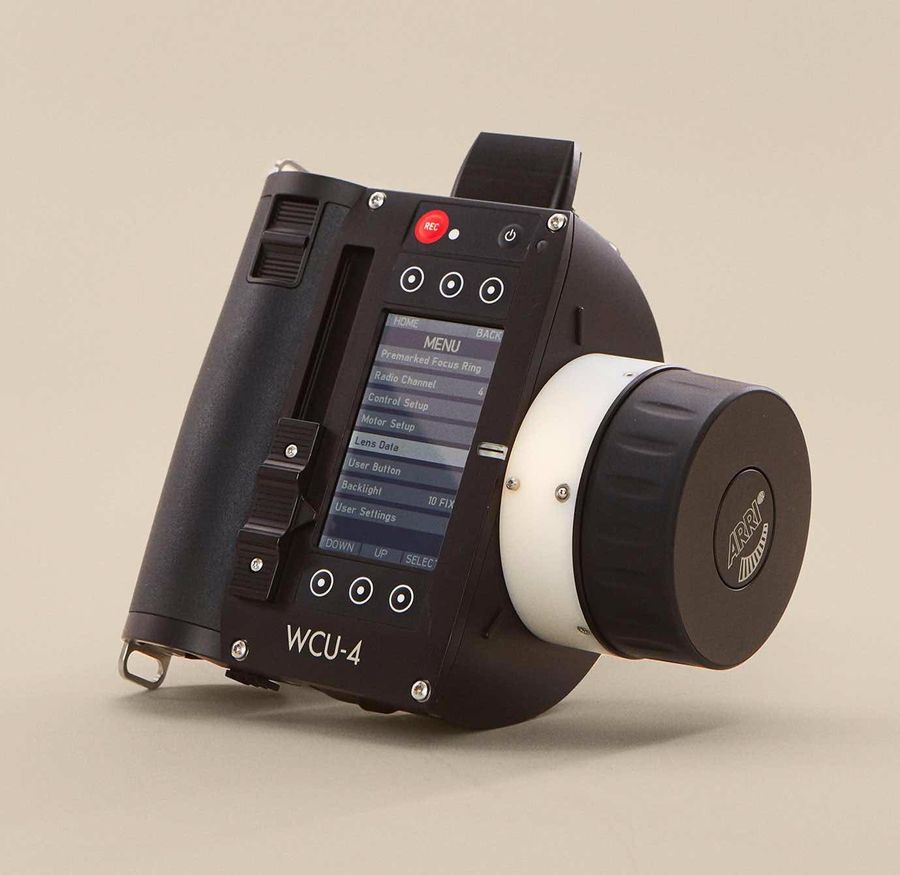
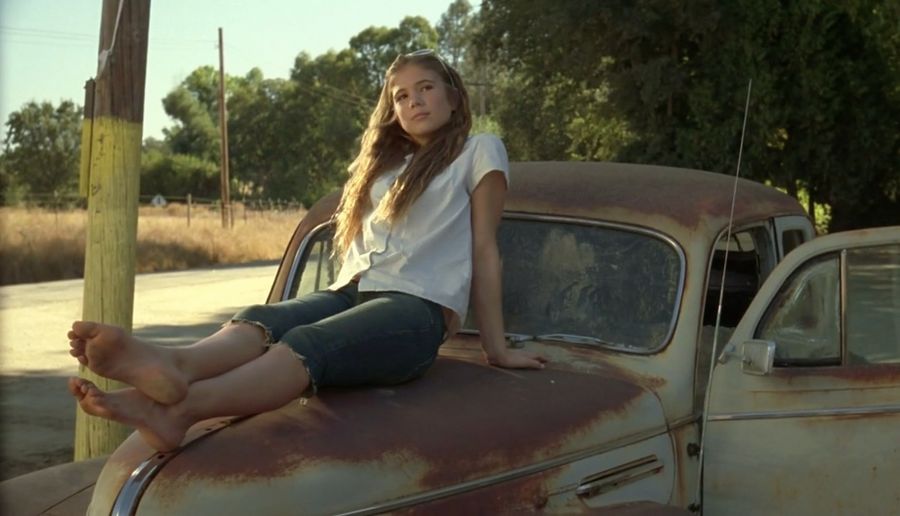
SLICE-OF-LIFE
A lens that’s more old-school like a Zeiss Super Speed would give a softer, more vintage look. Choosing an older lens can have a nice effect. You can also use a modern lens with a filter, but from experience, I’d go with the Zeiss Super Speeds for sure.

DIGITAL
When doing work for digital mediums that involve a lot of setups without proper lighting or backgrounds, a good prime lens helps bring character to the shot. I really love Cooke lenses because they have the “Cooke look.” The corners are not completely sharp, so they are kind of warped. Clients have been happy with using a 50mm lens (which is a vintage ingenue prime), because it brings character to what would have been a boring background.
FIRST-PERSON POV SHOTS
In this case, a lens doesn’t matter as much as using a higher p-stop, like a p-8, to make sure everything is in focus. Without it, the background appears softer and the subject gets more in-focus, which is not how the normal human eye sees the world.
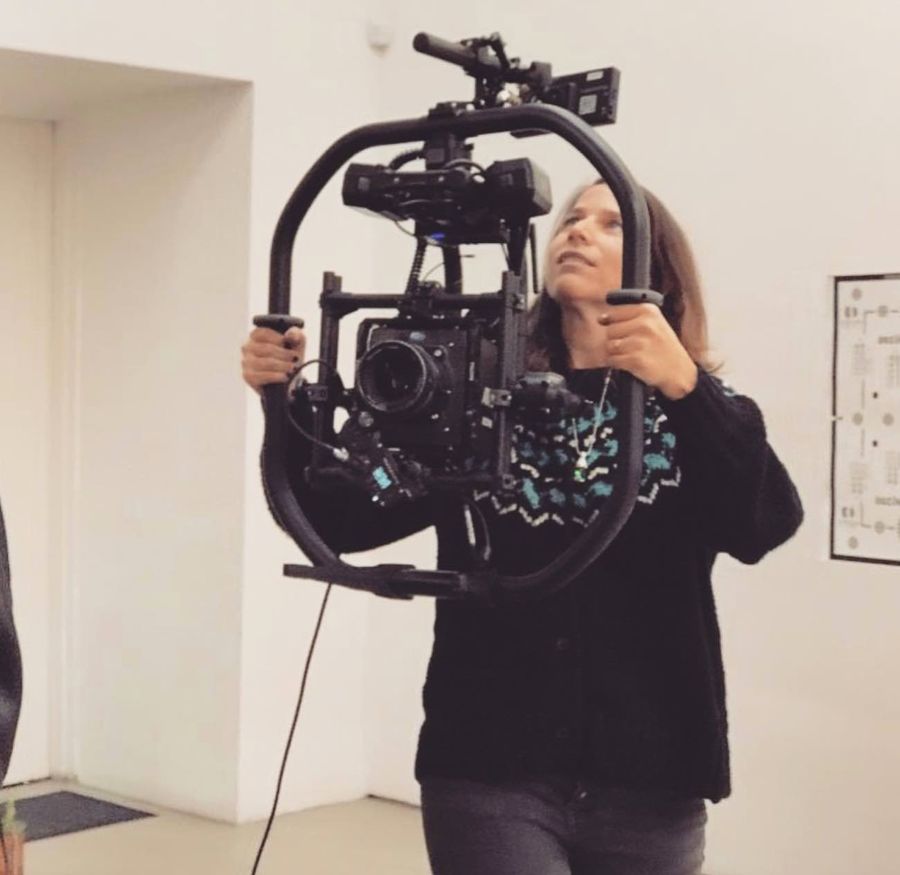
NIGHT SHOOTS
You normally want to use a fast lens. We have Zeiss Super Speeds which are 1.3 and are super fast. But sometimes you don’t have a lot of light so a lot of people choose p-1.4 lens, like the Zeiss Supremes.
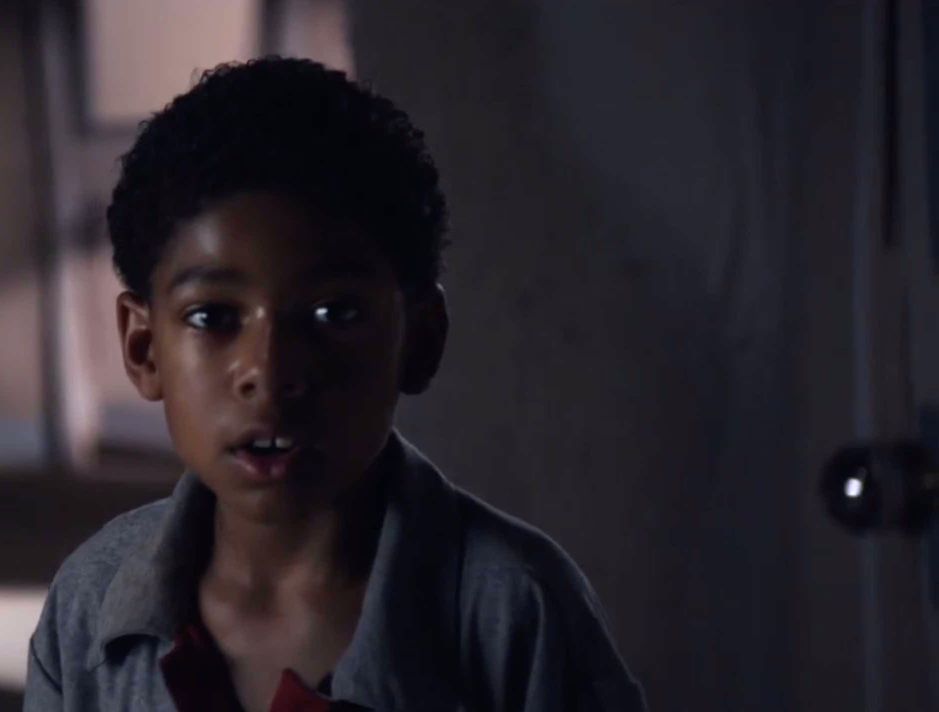
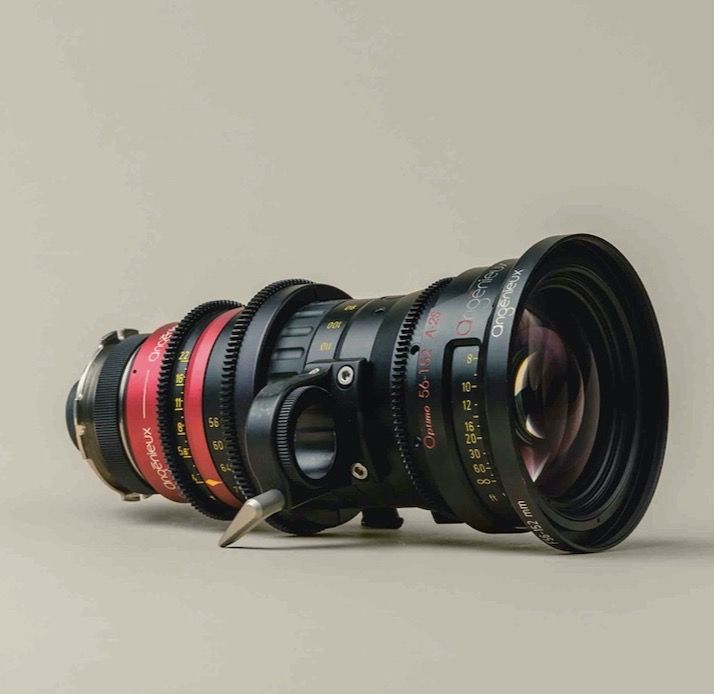
INTIMATE CLOSEUPS
For closeups, you should use macro lenses. We have an ingenue that is a 45 to 120, which is a really good range. They have the capacity to focus much closer to the subject. But also, if your lens doesn't have a great close focus, you can use a diopter, which is a bit more advanced. A diopter is a filter that makes the lens focus closer than the actual mark. People have actually used a diopter for everything—music video, TV show, features. We did an HBO show with it.
Filters and More Info to Keep in Mind…
When it comes to lenses, there is no right or wrong, just personal preference. Most cameras have ND (natural density) filters now, but you always want to have a set of filters to control the look for different effects.
-
Cooke lenses are a bit warmer and feel more vintage.
-
Always have a polarizer because you never know when you need to take care of a reflection or make your sky more blue.
-
Tiffen diffusion filters have a lot of options to make your shot less sharp and more unique. The Tiffen Black Pro Mist and Black Satin make the skin look much better and have a nice halo on the highlight.
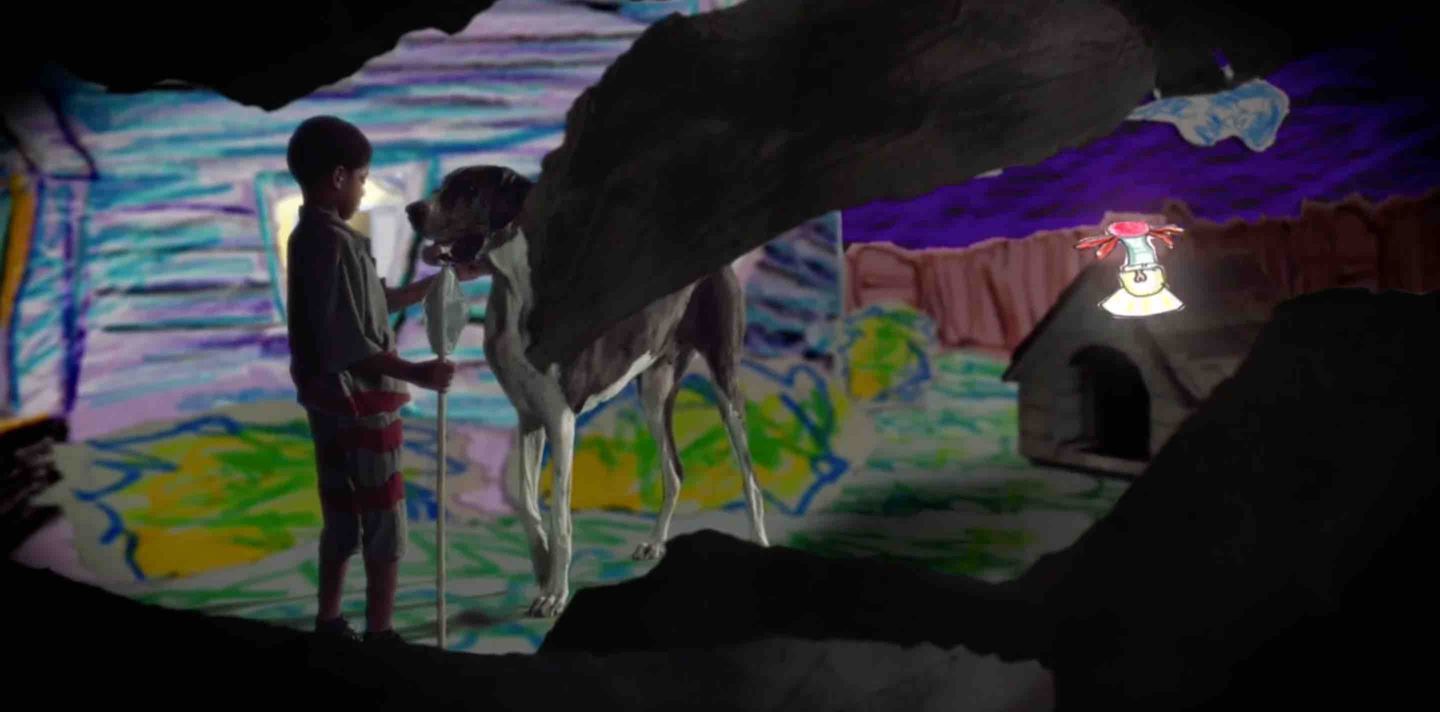
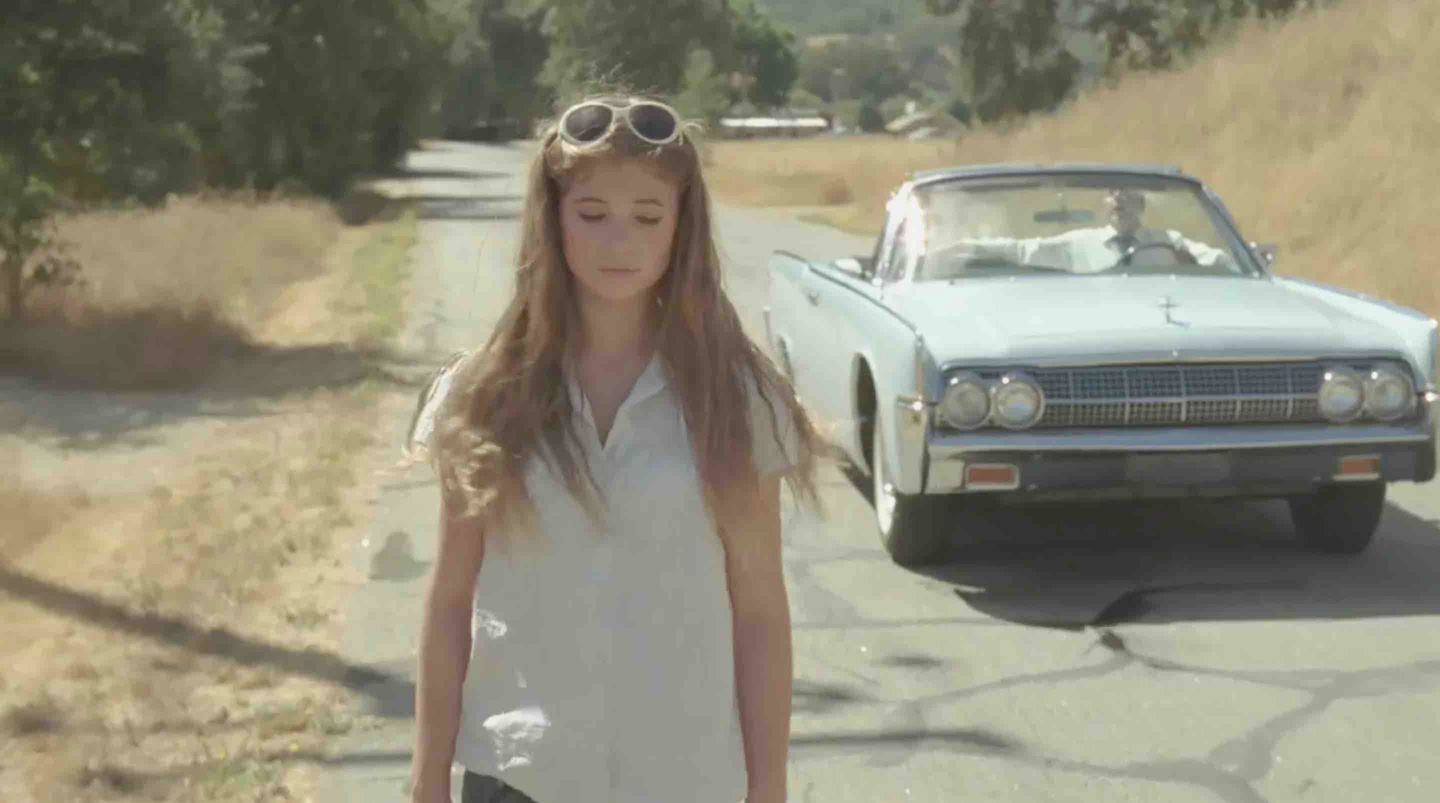

Does the Camera Body Matter?
Yes and no. Of course, choose something you can handle the weight of if you don’t have a lot of assistance. But the lens is the more valuable information. If you compare cameras, like an ALEXA mini and a DSLR, they’re going to have a unique texture. But, if you put an amazing lens in a DSLR, you can make it look really good. Being a DP involves finding the right combination of body and lens.
It’s Dangerous to Go Alone! Take These Pieces of Advice!
Just because you have the best gear doesn’t mean that you’re done learning. Here are some extra tips from Bianca to keep in mind before you start shooting.
-
Some people you work with might be like, “Try this lens! Someone else tried it!” or “Try this lens, I saw it mentioned on some guide on the Internet!” No. Test the lens first to see if it fits your specific project. Each lens has specific coding. And the coding of each lens is going to make a difference in how they render each color. So testing is the most important thing. Do your research but then go and test. Every rental house is open for testing if they have the camera available.
-
Subscribing to American Cinematographer magazine and becoming a member of the ASC (American Society of Cinematographers) can be very helpful. At least once a year, they do an open clubhouse where you can meet a lot of DPs in all stages of their career who are normally open to talking to you.
-
Lastly, never be afraid to ask questions, and always keep shooting. Good luck!
